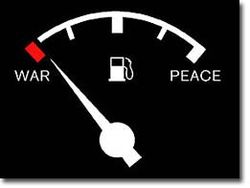 The 20th century was dominated by resource capitalism. The great wars of that century were all built around a desire of great powers for direct access to natural resources – coal, gold, diamonds, and most especially oil.
The 20th century was dominated by resource capitalism. The great wars of that century were all built around a desire of great powers for direct access to natural resources – coal, gold, diamonds, and most especially oil.
The crisis we have just passed through, the one that began with the economic collapse of 2008 and the election of Barack Obama, is the last paroxysm of this old order.
Oil’s control of our economy is fading, just as manufacturing faded in the 1970s, production economics faded in the 1930s, and unregulated monopoly faded in the 1890s.
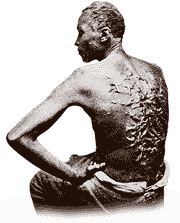 Each one of these economic upheavals left in its wake a new political, economic and social order. Each one demanded reform, just as the industrial revolution in the 1850s demanded the end of slavery.
Each one of these economic upheavals left in its wake a new political, economic and social order. Each one demanded reform, just as the industrial revolution in the 1850s demanded the end of slavery.
Railroads and other utilities had to be reformed in the 1890s for manufacturing to thrive in the early 20th century. Demand had to be created in the 1930s for mass production economics to result in anything but depression. Manufacturing reached its natural limits in the 1970s, and resource economics drove our nation into repeated wars from that time to this.
Which brings us to the current day.
What’s replacing oil as a currency, as I’ve written since 2010, is efficiency, and energy based on devices which harvest the abundance all around us.

But what drives technology? What is the gating factor, the limit, the control over how much innovation we get, and how quickly it moves through the system, into the world?
It’s human capital.
Of course, the world ran on human capital before the industrial revolution. But those were human muscles. We’re talking here of human brains, minds and hearts. Nations will be judged in the future based on how well they harness their human capital.
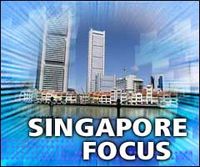
In a system based on human capital freedom becomes the gating factor. The more freedom you allow, the more innovation you get. The more choices people can make, the more likely some are to make the right ones. A system of ordered liberty maximizes freedom. So does a system of regulated, but ordered capitalism.
When human capital drives the train then it’s how you train that capital, how you educate people, and how you fire their imaginations that will determine their economic value, and thus your gross domestic product.
America has a huge lead in this right now. Our universities are the best in the world. Our capital markets are the most efficient. Most of all, our society is the most welcoming to new ideas and people in the world. This lets us draw the best and brightest from everywhere and turn them into rich Americans.
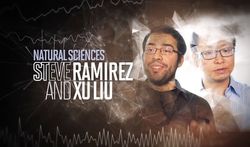
It’s a lead that will be hard to relinquish. China has more people, but its government constrains their ability to think and live as they wish, which means its best-and-brightest see the ultimate luxury to be an American or Canadian visa, an apartment in Vancouver, and assets held in an American bank. When you have money, and you have education, you demand freedom.
Any Chinese effort to stop the flow increases domestic pressures. The only alternative is a gradual weakening of the government’s grasp that will, in time, transform the country utterly. Only after that transformation, whether revolutionary or (more likely) evolutionary, will China truly become an economic competitor.
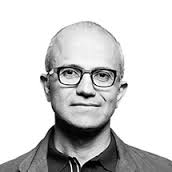
Barack Obama Sr. could not achieve his ambitions in his native Kenya, and so became a bitter drunk. The son he left behind in America could, and became President of the United States. That story could only happen here, and it’s happening in hundreds of thousands of places in this country, every day.
We should not be sanguine. The same 20th century forces that are trying to rip Europe apart, and the same 15th century forces that are ripping the Middle East apart, exist in the United States. They won the last midterms. But these forces do not control the economy, and it’s the economy that ultimately drives our political train, nothing else.
Business drives change. Change makes us rich. Change keeps us free. Welcome to the new progressive era.


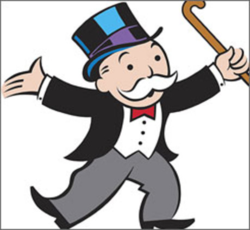








hope you’re right. you have brighter version of our country than i do. short version, i still don’t trust big business.
hope you’re right. you have brighter version of our country than i do. short version, i still don’t trust big business.